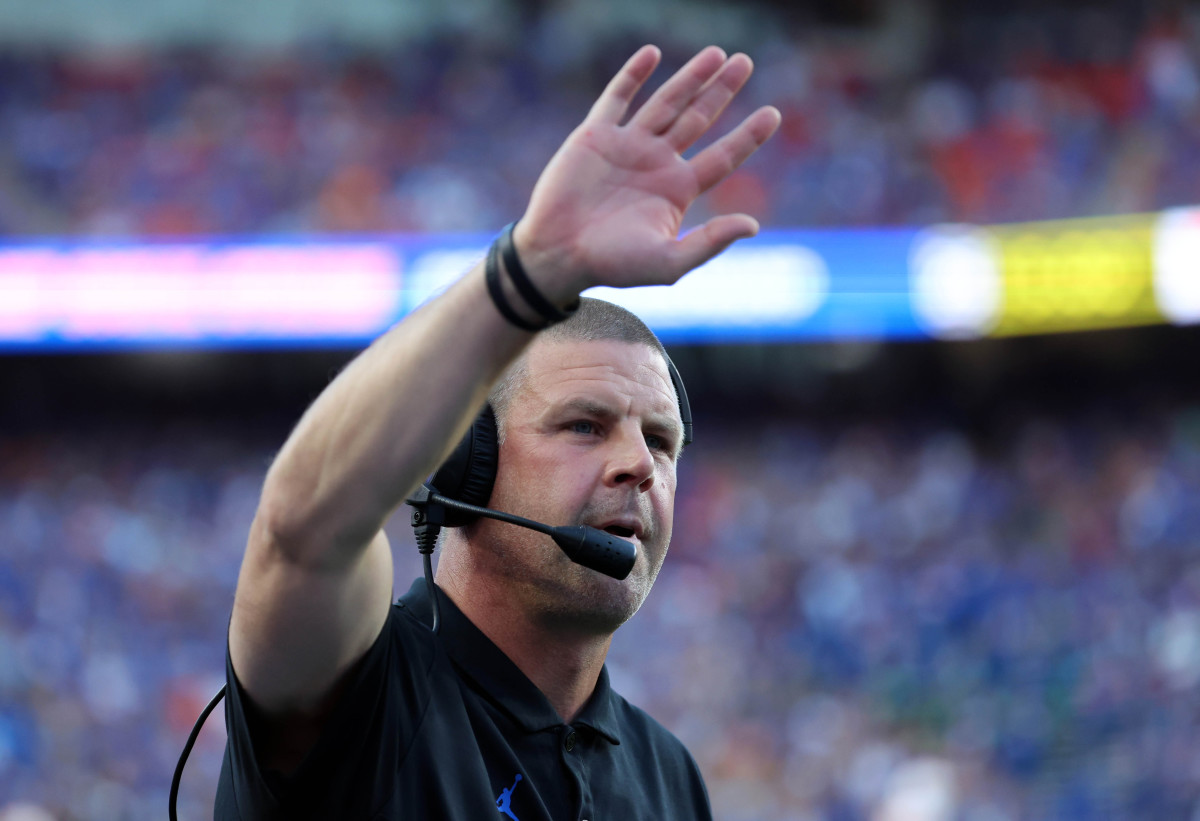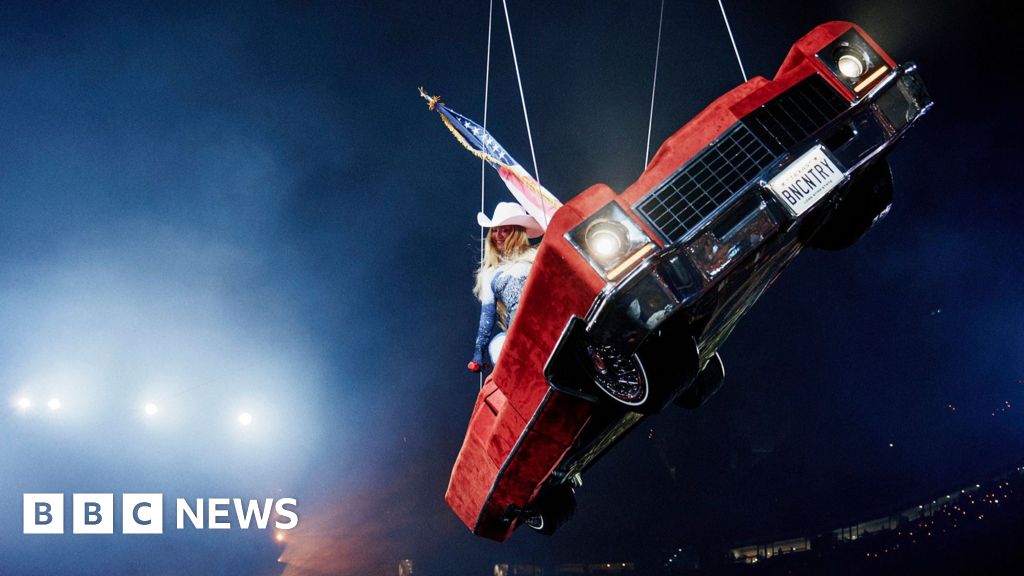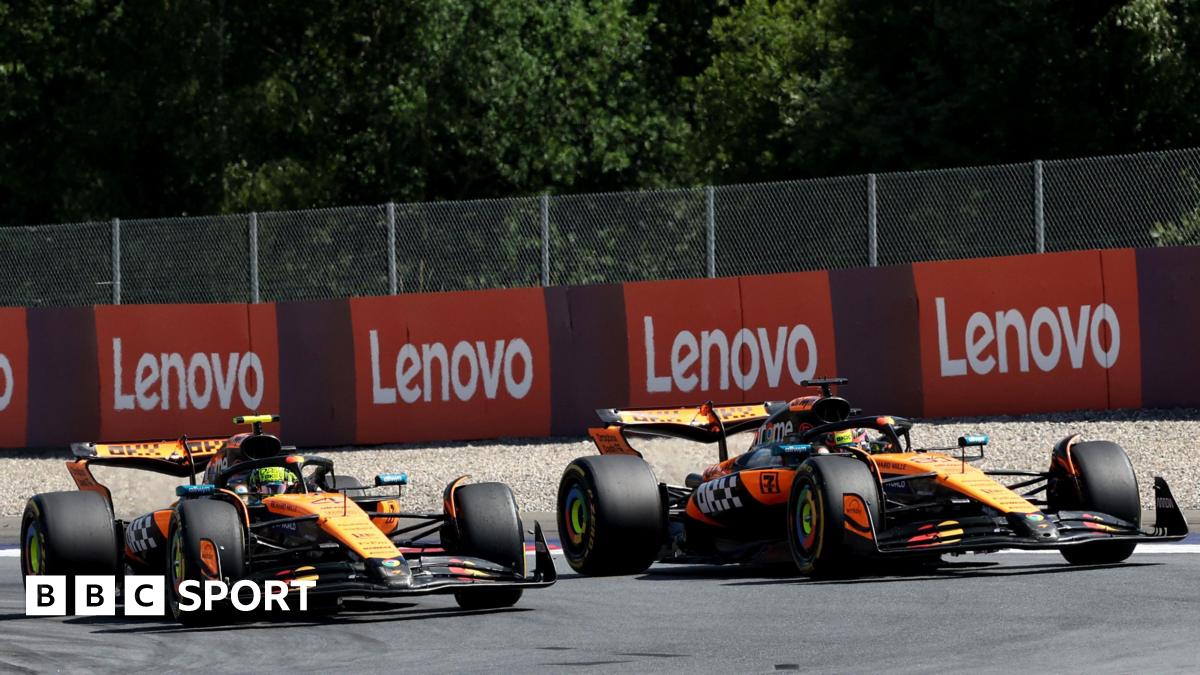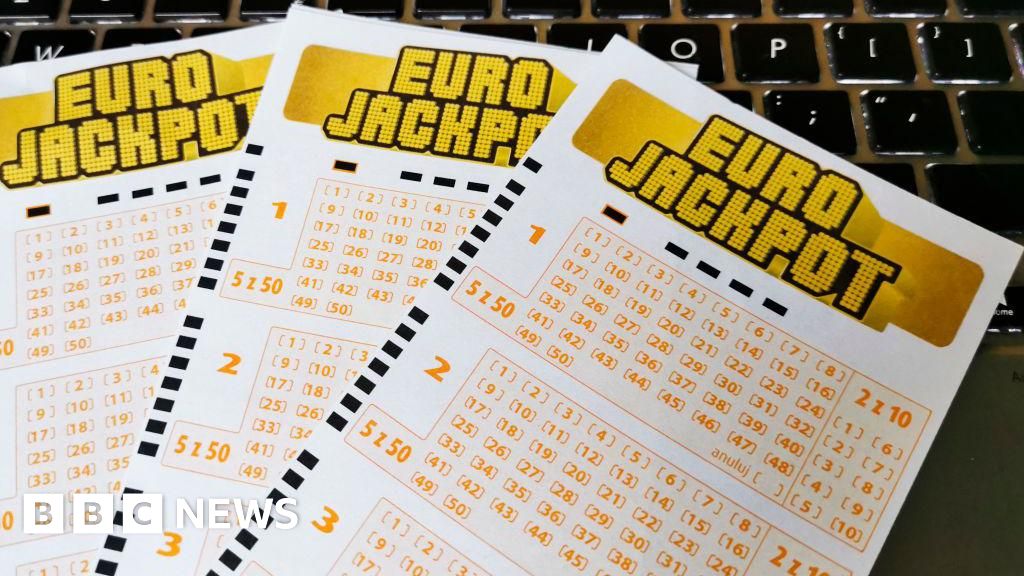On Sunday, it came to light that federal authorities are investigating Detroit Pistons guard Malik Beasley for possible gambling-related crimes. It’s not a new development.
Beasley’s lawyer, Steve Haney, told the Detroit News that the investigation began roughly 18 months ago. It’s being overseen by the United States Attorney for the Eastern District of New York.
ESPN reported that an unnamed U.S. sportsbook detected heavy betting action on Beasley’s statistics in January 2024, or thereabouts.
With the American gambling industry still in a distinct and extended wild west phase, it’s unclear whether and to what extent sportsbooks routinely monitor betting for suspicious trends and, if detected, whether they alert the authorities.
The NFL has justified its dramatic about-face on gambling in part by explaining that the sportsbooks who pump the league’s coffers with cash can let the league know when players or league/team employees are potentially violating the league’s gambling policy.
Here’s something that occurred to me while discussing the Beasley case during #PFTPM. Are there occasions when the sportsbooks perhaps don’t tell the league what’s happening if/when such knowledge could lead to a potentially major scandal?
It’s fair to wonder, given that the NFL has yet to have a significant gambling scandal since the Supreme Court set the stage for an explosion of legalized sports betting in 2018. Is the league lucky? Are the league’s educational methods sufficiently solid to keep players from serious issues that would undermine the integrity of the game?
Or is the league able to essentially catch any kill and potential problems before they become the kind of thing that could create a wide range of consequences, from P.R. to legal to political?
Maybe it is dumb luck. But, as it happens for every person who ever bets, at some point the luck runs out.








 English (US) ·
English (US) ·